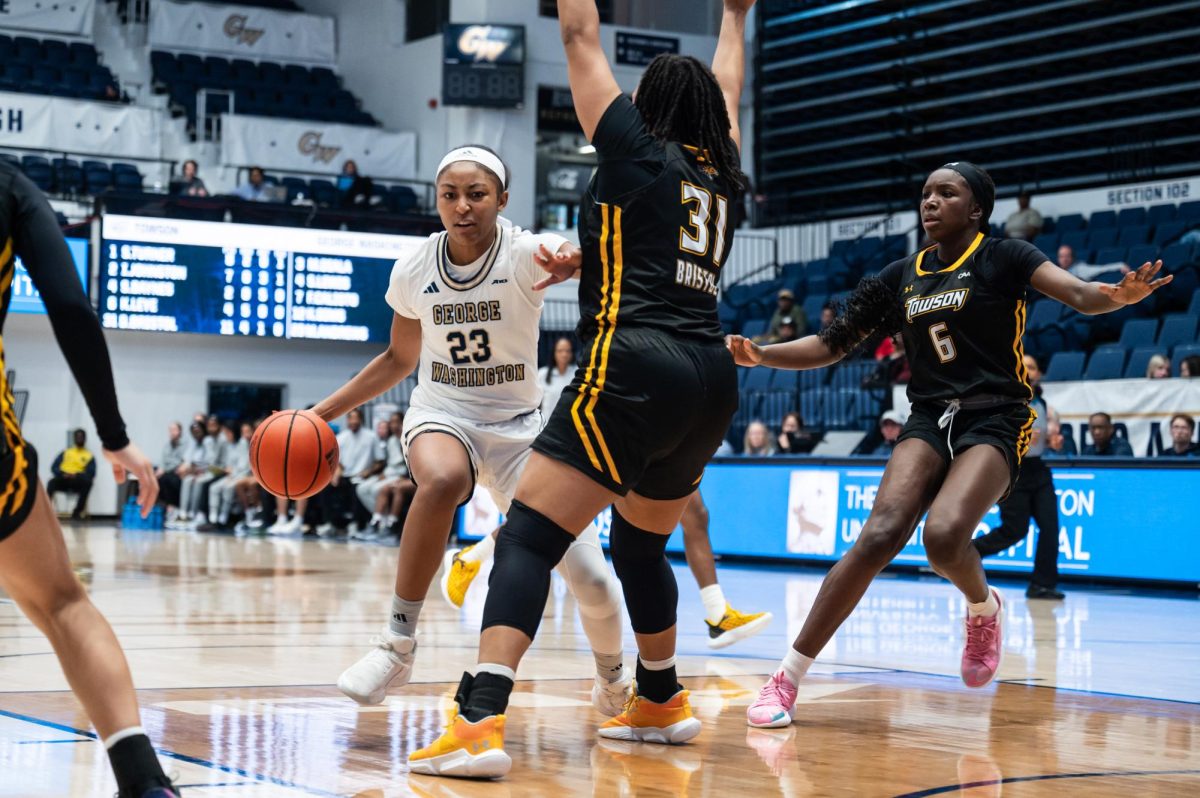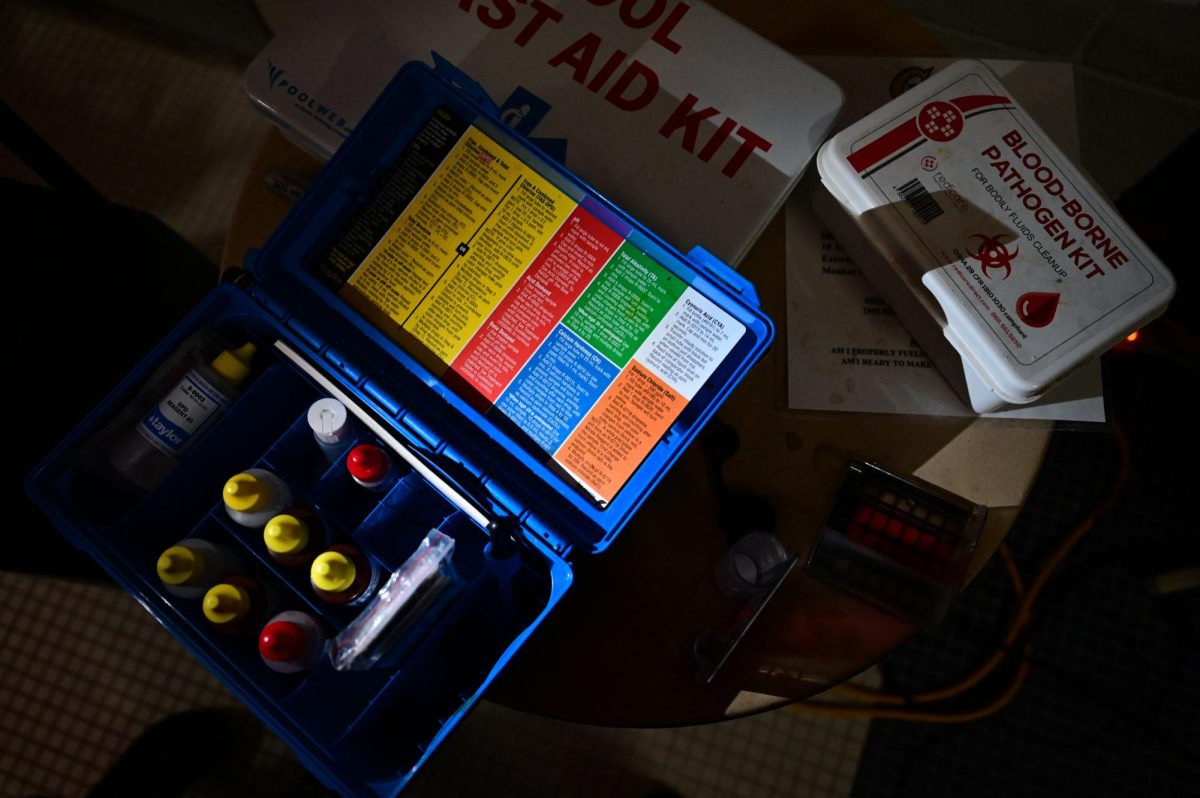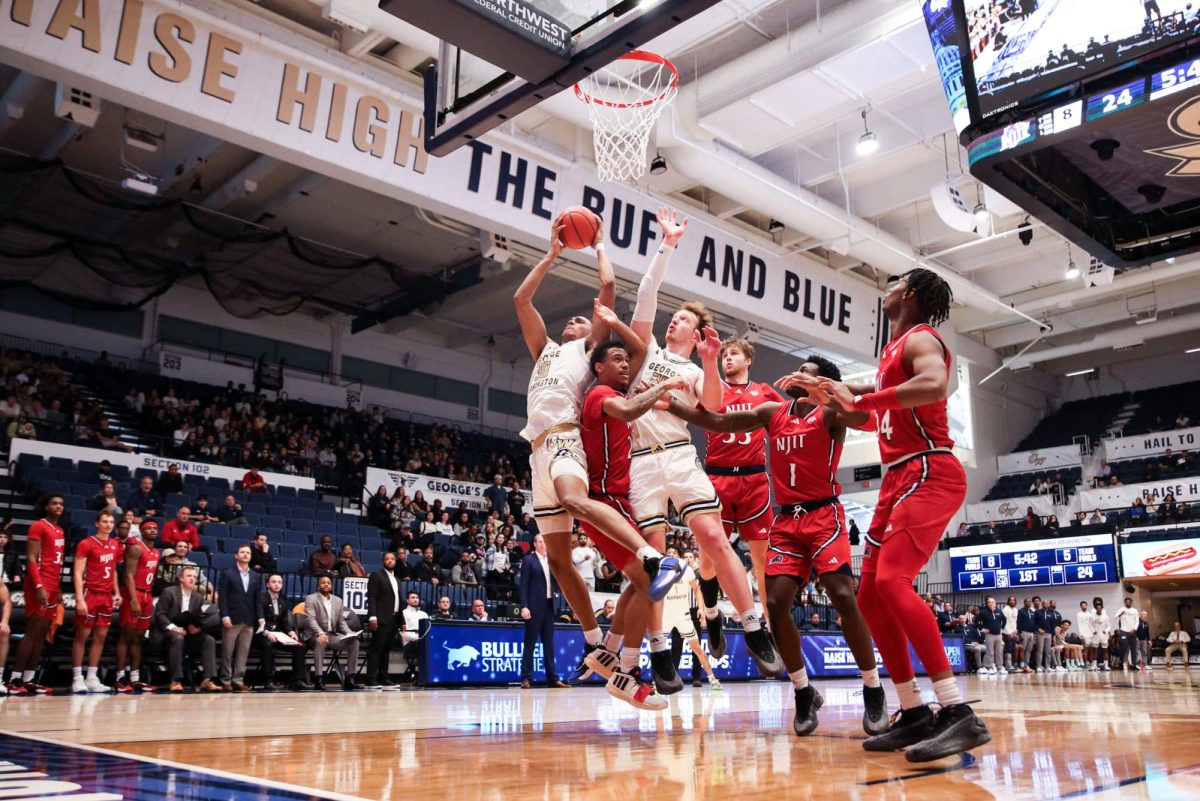“Wait ’til next year.”
The expression was started by Brooklyn Dodgers fans around the 1940s and 50s when the Brooks were good but played perennial second fiddle to the New York Yankees. The Dodgers lost the World Series in ’41, ’47, ’49, ’52 and ’53, making those four words the mantra for teams that came so close to glory but lost it down the stretch.
The slogan has since been adopted by many hapless baseball fans in cities like Boston, Chicago and Washington, D.C. But in the District, the slogan wasn’t uttered by fans waiting for a pennant. They were waiting for a club.
In 1974, it looked like “next year” had finally arrived in our nation’s capital when the newly formed San Diego Padres seemed signed, sealed and almost delivered to Washington. For D.C. fans suffering from a three-year baseball drought, this was their World Series.
Game seven. Washingtonian Joe Danzansky, C.E.O. of Giant Food, quickly became the capital’s baseball messiah when he made a deal to buy the team and bring it to Washington.
Bottom of the ninth inning. After Major League owners voted unanimously to move the team to D.C., the Padres packed their bags.
Runners in scoring position. Topps Baseball Card Company printed baseball cards of Padres’ star Fred Kendall and his teammates with Washington as the title, not San Diego.
But in sports, it’s never over ’til it’s over – just ask Mookie Wilson and Bobby Thomas. You might as well add McDonald’s founder Ray Kroc to that list, as he stepped up to the plate, bought the team and saved the game, keeping the local nine in San Diego.
The Padres stayed put, Washington stayed sans-team and all the District’s fans were left with was a taste of disappointment and a few very valuable baseball cards.
Since the Senators left Washington in 1971, Major League Baseball has added six teams. The Seattle Mariners and Toronto Blue Jays joined the American League in 1977, the Colorado Rockies and Florida Marlins began National League play in 1993 and the Arizona Diamondbacks and Tampa Bay Devil Rays joined the National and American leagues, respectively, in 1998.
After a flurry of relocation in the 1950s, 1960s and 1970s, major league baseball has not moved a franchise since the expansion Senators moved to Texas in 1971. All the while, D.C. fans’ sentiments changed from “it’s inevitable” to “I’ll believe it when I see it.”
The deflation of hope was not immediate, sports broadcaster and native Washingtonian Phil Wood said.
“People never thought they’d have to wait more than a few years for a team,” he said. “Now, as the years have gone by, more and more people have almost forgotten about baseball.”
Washington was on the “short list” of cities for the last two expansions but denied a team, resulting in what Washington baseball guru Hank Thomas calls a period of skepticism in the 1980s and 1990s when fans felt teams were going everywhere but D.C. – until 2002.
In February, Major League Baseball purchased the Montreal Expos from owner Jeffrey Loria for $120 million. The franchise is now owned by MLB’s other 29 owners and run by the commissioner’s office.
Last year, the Expos of the National League lost $30 million, and despite boasting stars such as Bartolo Colon, Michael Barrett and Vladimir Guerrero, the team ranked last in MLB attendance with less than 10,000 fans per home game. In short, something needed to be done.
Commissioner of Baseball Bud Selig named the Washington area the front runner for the Expos’ relocation, ahead of Portland, Charlotte, San Antonio, Mexico City and San Juan, leading local insiders to believe the pennant race for a team in the nation’s capital is heating up again. But eager Washingtonians have been teased before, so why should they listen to the current hype now?
Winston Lord, executive director of the Washington Baseball Club, claims the logistics of the city and the special situation brought about by the Expos make this chance very promising.
“Demographics alone have always made D.C. a very compelling and obvious potential option for baseball, even back then when there were no potential ownership groups and the city was not as vibrant as it is now,” he said.
And this time, of all the cities in contention, only D.C has three solid ownership groups in contention, ensuring that if Major League Baseball does, in fact, move to the District, it will not have to “beat the bushes” for people with money, Wood pointed out. In addition to ensuring a solid ownership base, the competition among the groups forces the city to become more baseball-ready as each group lobbies for changes vital to bring a team to their turf.
William Collins III, a telecommunications executive and GW graduate, leads the first group in contention, Virginia Baseball Club. Collins became a serious contender in bringing a team to Northern Virginia in 1995 and was close to buying the Houston Astros before MLB owners rejected his proposal.
Fred Malek leads the second group, Washington Baseball Club, which started in 1999. Malek, a local financier, has paired with five partners including Darrell Green of the Washington Redskins, to bring baseball to the downtown area. WBC has the rights to use RFK stadium until a new one is built, Lord said.
The third group is led by Black Entertainment Television founder Robert L. Johnson. Johnson sold BET for $3 million and is now setting his sights on becoming Major League Baseball’s first black owner, a fact that he has said works to his advantage. Johnson told the Washington Post that D.C. is his first option for the club, but Northern Virginia still remains and option.
But why would three well-financed, well-connected groups want to bring baseball back to a city that has already lost two teams?
First of all, the Expos situation is unique. Unlike past relocations or expansions, a move cannot be pushed back or quelled. Major League Baseball cannot pass over Washington to keep the club where it is, like with the Padres, or choose not to expand at all. Twenty-nine owners are losing money the longer the team stays in its current market (over a million each per season), so the club needs to go somewhere, fast. The only thing in Washington’s way is another city.
In past years another city may have been the biggest obstacle to overcome because of the perception that D.C. was a bad baseball town – a myth Wood said should be easily dispelled.
“That’s what has made it so hard over the years – perception. Perception is a reality for a lot of people and the perception is that this is a bad baseball town … but according to a Washington Post formula of fans per victory, the Senators were the best supported team of all time,” he said, meaning the team drew relatively large crowds through losing seasons.
Another perception that has changed over the years, Lord said, is the perception of D.C. as a crime-ridden, transient, government-run town. But no longer the “crime capital of the world,” as Nixon referred to the District three decades ago, Washington now developed a new vibrancy.
Now home to more that 4.7 million people, Washington is the sixth most populous metropolitan area in the country. D.C boasts the eighth largest television market in the country, the second most-used subway in the country and a greater “buying power index” than Charlotte, Oregon and Las Vegas combined, according to a pamphlet promoting a D.C. baseball team that Mayor Anthony Williams’ office produced in 1999. Further, the addition of the MCI Center has proven a downtown stadium can boost the local economy.
David Gough, local baseball historian and author of They’ve Stolen Our Team, said this time, the stars are in line.
“With what has happened over the last 30 years economically and socially, if the time has ever been right for a team, it’s right now,” he said.






